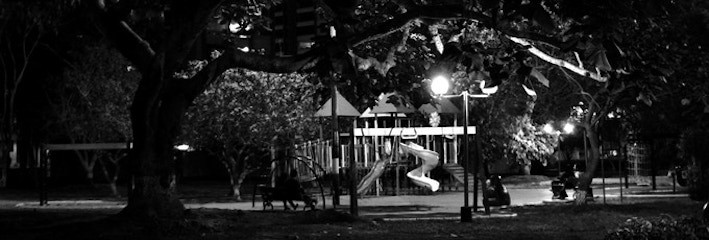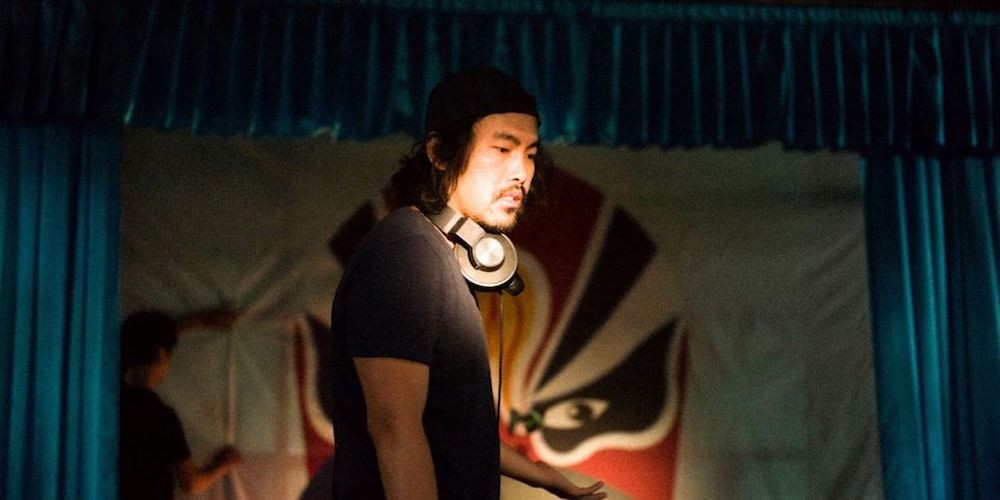Alumni Melina Leon '08 and Johnny Ma '16 Showcase Films at Cannes Directors' Fortnight
The Directors' Fortnight section of the 2019 Cannes Film Festival has selected two features by Columbia alumni—Cancion Sin Nombre (Song Without a Name) by Melina Leon 08’, and Huo Zhe Chang Zhe (To Live to Sing) by Johnny Ma ’16.
Canción sin Nombre is shot in black and white and inspired by a real event. It was acquired by Luxbox, written by Leon and Michael J. White, and co-produced by New York’s Torch Films and lensed by Inti Briones, DP on Dominga Sotomayor’s Locarno winner Too Late to Die Young. “This is a film of a small budget and large artistic ambition, made by highly cine-literate filmmakers,” according to Variety.
Set in Peru in the late 1980s, at the height of the economic crisis and political upheaval, Canción sin Nombre follows a migrant musician from the Andes, whose newly born baby mysteriously disappears from a fake clinic. In the midst of total political chaos, Pedro Campos, a young journalist, opens an investigation and joins her in the desperate search.
Melina León is a Peruvian director based in NYC and Lima. She was the recipient of a 2015 Jerome Foundation Emerging Artist Production Grant to direct this film. Her previous short film El Paraíso de Lili (Lili’s Paradise) is also set in 1980’s Lima. It officially premiered at the prestigious New York Film Festival and was selected at over 20 international film festivals, winning 11 awards, among them Best Latin American short film at the São Paulo International Short Film Festival. León grew up in Lima and moved to New York city in 2003 to study film directing at Columbia University. She currently works internationally as a director, producer, editor and teacher.

Huo Zhe Chang Zhe is written by Johnny Ma, and produced by Xianjian Wu, Jing Wang, Vincent Wang. The project was part of CineMart in 2018 and is produced by Image X Productions (China) and co-produced by House on Fire (France).
Huo Zhe Chang Zhe is about Zhao Li, the owner of a small traditional Chinese opera company in the suburbs of Chendgu, who is facing the imminent destruction of her theatre and neighborhood. Li manages a Sichuan Opera troupe that lives and performs together in a rundown theatre in the outskirts of Chengdu. When she receives an order of demolition, she hides the news, fearing that this could spell their end. Secretly, she wouldn’t mind stopping since their life has become harder over the years. But what else can she do? She also worries that her niece Dan Dan, their star, will leave them for a better future in the city. To keep her troupe “family” together, Zhao Li begins a search for a new theatre for them to both sing and live in. As she struggles with bureaucracy, the characters from the opera world that she uses to escape her troubles begin to seep into her real life.
Born in China, Johnny Ma immigrated to Canada as a child. A Columbia graduate, he moved back to China for his thesis film that premiered at TIFF. His debut film Old Stone premiered at the Berlinale and received the Best Canadian First Feature Award at TIFF & Best First Feature at Canadian Screen Awards.
